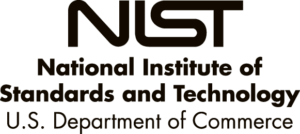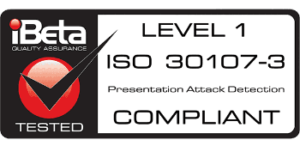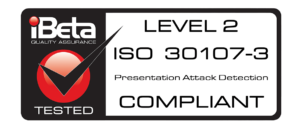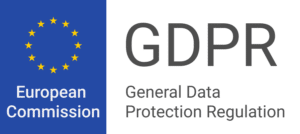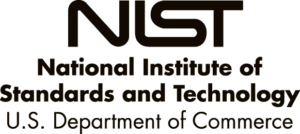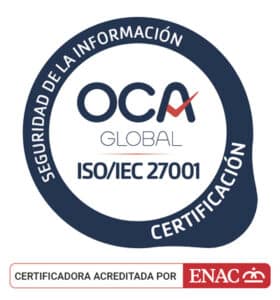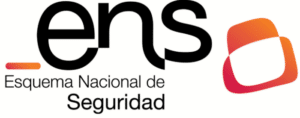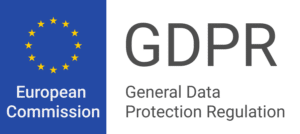In a significant step toward the Artificial Intelligence Regulation, Spain has published Royal Decree 817/2023, marking a milestone in adapting “high-risk” technological solutions to European standards.
This royal decree establishes a controlled testing environment, known as the Sandbox, where companies can practice how to meet the compliance requirements of the proposed Regulation of the European Parliament and the Council and the best practices defined within that framework.
“Among the respected voices influencing this process is Veridas”
In essence, the regulatory AI sandbox establishes a framework where companies with ‘high-risk’ technological solutions can identify and ‘test,’ along with competent authorities, the guidelines of best practices and guides that will be applicable under the future AI Regulation.
Certain remote biometric identification systems (“at a distance”) could be included in high-risk classification. However, the European Artificial Intelligence Regulation is in its final stages of definition and approval, so the list of systems classified as high risk is still undefined.
Adapting to the Real Needs of Businesses
The peculiarity of artificial intelligence regulation in Spain lies in the fact that many companies eligible to participate in Sandbox calls already have solutions implemented in the market. This requires careful design to ensure that these tests are beneficial and consistent.
Veridas participated in the public consultation for developing this royal decree, with 15 of its 18 proposed changes being incorporated into the final text. This again recognizes Veridas’ role as one of the most respected voices in Spain in regulating artificial intelligence systems.
“Veridas reaffirms its role as one of the most recognized voices in Spain in the regulation of artificial intelligence systems”
In this line, Veridas has proposed that participating companies, with their solutions deployed in the market, find their space in the testing environment, providing positive feedback that recognizes their efforts in terms of other certifications and compliance with standards.
In line with these goals, adapting solutions to European standards and ensuring confidentiality and intellectual property protection during tests must be an essential objective.
Veridas has advocated for clarity and adaptability in artificial intelligence (AI) regulation. The most relevant aspect is that the sandbox is attractive and usable for eligible companies. Furthermore, it is necessary to increase collaboration between the competent body and the participating company to adjust quality management criteria to each technology and specific case.
Towards an Ethical and Responsible Ecosystem
The ‘Real Decreto 817/2023’ marks a significant milestone in advancing artificial intelligence regulation in Spain.
This opens the doors to a controlled testing environment where solutions can be effectively integrated, providing valuable feedback to participating companies and supervisory authorities in defining and standardizing the requirements under the Artificial Intelligence Regulation.
In conclusion, Spain is proactively anticipating what will come in the coming months and years with the European Artificial Intelligence Regulation. Undoubtedly, this is positive for Spain’s role in concretizing its application and for developers and users, providing certainty about the future.
Adapting to European standards and safeguarding confidentiality, privacy, and intellectual property are essential to building an ethical and responsible AI ecosystem.
Regulation of Artificial Intelligence in Europe and Spain
After more than four years of intense work by European bodies, we are now in the final stage before approving the European Artificial Intelligence Regulation. The prologue stage is ending, with intense negotiations in various areas, and it is expected that in the coming weeks or months, at the latest, we will finally have an artificial intelligence regulation.
In Spain, steps are being taken to get ahead of the European regulation. For this purpose, a regulatory sandbox has recently been created to allow companies to test how the requirements of the Artificial Intelligence Regulation work and make adjustments to their systems. This will also serve for competent supervisory authorities to define those good practices and compliance guidelines that will be established later in a general way for everyone.
The greatest achievements and challenges of the Sandbox, according to Veridas
High-risk systems are not yet fully defined in the European regulation. Therefore, they may vary, but certainly, these companies will be able to initiate processes that will allow them to adapt and test how they will be in practice in the real application of the regulation. Certainly, it is a challenge, a very necessary challenge. And Spain has taken a step forward to anticipate what is coming and to plan for the future.”
The future of AI regulation in Spain
Veridas is very proud to say that the Royal Decree that will regulate these regulatory sandboxes has taken into account some of the contributions we made in the consultation phase, all of them aimed precisely at recognizing that these systems are already in use and that, therefore, a lot of work has already been done by all companies for their adaptation, certification, and guarantees of ethics, compliance, and transparency.
All of this has been incorporated by referencing the use of those standards and certifications prior to the sandbox being an adaptation process and not a development one, and ultimately, also protecting all industrial intellectual property, and all the know-how that exists in companies, which is a lot. This will be reflected not only in the sandbox but will be a long-term effort throughout the application of the regulation.









